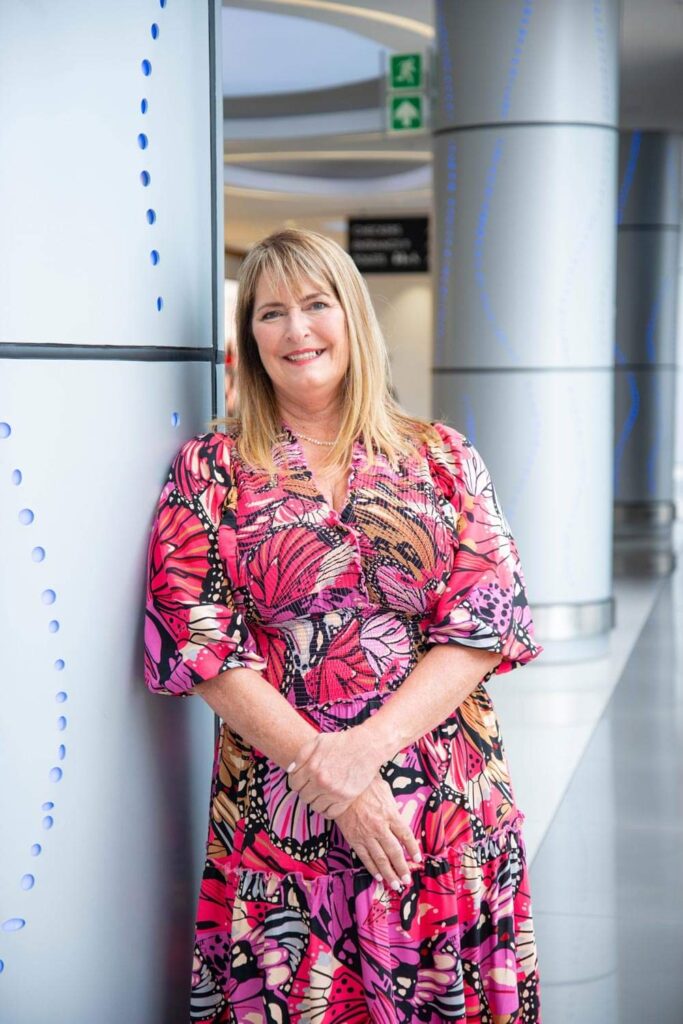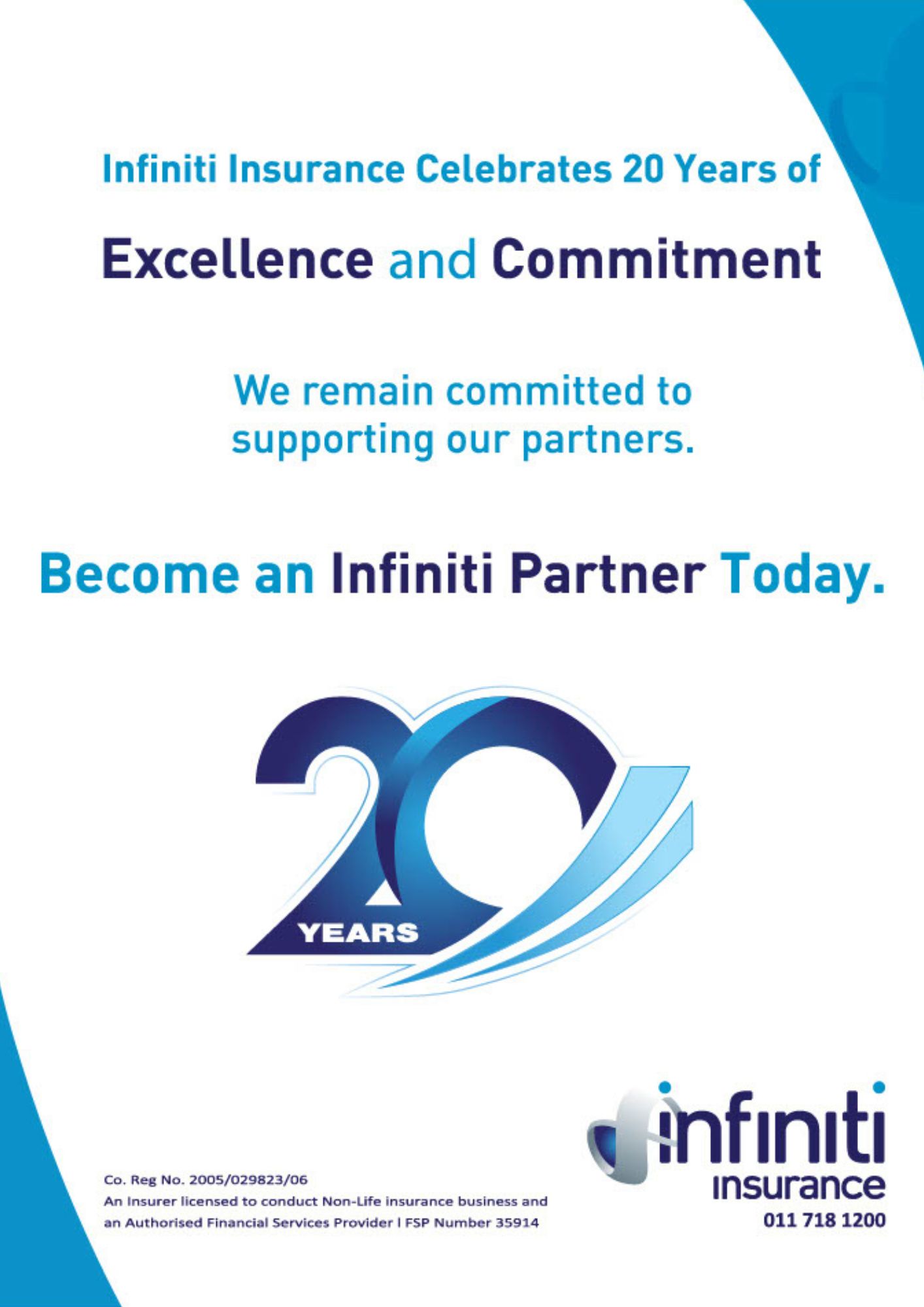Karen Howard, Director at ASI Financial Services KwaZulu-Natal

In a world where leadership is too often measured by dominance, urgency, and volume, a quieter revolution is taking place, one grounded in care, connection, and consistency. It’s not always the kind of leadership that makes headlines, but it is the kind that’s reshaping economies, strengthening communities, and redefining what true leadership looks like. And it is being led powerfully and persistently by women.
South African women, in particular, are not just participating in the country’s workforce; they are essential to its heartbeat. According to recent data from Statistics South Africa:
- 55.4% of the health and social work sector is female, demonstrating the role women play in the country’s care infrastructure.
- 60% of the education workforce is women, further highlighting their dominance in roles that shape future generations.
This isn’t just about representation, it’s about reimagining leadership itself. In traditionally undervalued “caring professions,” women are leading with empathy, emotional intelligence, and long-term thinking. These qualities, once dismissed as “soft skills,” are proving to be essential to strong, resilient organisations.
The ROI of empathy – Research from McKinsey & Company shows that organisations with greater gender diversity, particularly in leadership, outperform their competitors by up to 25%. The performance edge is linked to the leadership style women often bring collaborative, inclusive, and empathetic.
In industries like healthcare and financial services both high-pressure, high-impact fields the ability to listen deeply, guide compassionately, and act decisively is a competitive advantage. Women are bringing this to the forefront.
A life of service: Karen Howard’s Story
One woman embodying this leadership style is Karen Howard, a woman whose career began in education and evolved into a mission-driven journey through healthcare and financial services.
Born in Cape Town and raised between Queenstown, East London and Johannesburg, Karen started out teaching at South Africa’s first Montessori school an institution that once taught the daughters of Nelson Mandela. “We had children from Soweto who had seen things no child should ever see,” she recalls. “Yet they were resilient and full of potential. That was my foundation teaching children to lead themselves, to care.”
When the school lost funding, she moved into healthcare not by design, but out of necessity. “I said, ‘I’ll go get a job,’” she remembers. That job was at a medical scheme, and it changed the course of her life.
Decades later, Howard has built a career rooted in ethical service, guiding families to make informed decisions about health cover and financial protection. “It’s not about selling the most expensive product,” she says. “It’s about making sure people are protected when things go wrong.”
The power of leading with care – In sectors often characterised by bureaucracy or aggressive sales tactics, women like Karen are changing the game. They’re translating complexity into clarity, advocating for clients, and refusing to let compassion be misread as weakness.
And this strategy works. Women-led firms in financial services, particularly those prioritising long-term relationships over short-term profits, report higher client retention, greater trust, and more sustainable growth. Care is no longer optional, its strategic.
Hard-won lessons and quiet triumphs – Karen’s journey hasn’t been without hardship. As a single mother and businesswoman, she’s faced betrayal, burnout, and difficult lessons in trust. “I was the epic example of how not to do business, too trusting, too helpful,” she admits. “And it came back to bite me.”
But through it all, she stayed committed to her values. That quiet integrity has earned her the respect of an entire industry, culminating recently in being named KZN’s Top Businesswoman of 2024.
And yet, when asked about her proudest accomplishments, she doesn’t mention awards or revenue. Instead, she talks about mentorship. “Get a mentor early. Don’t wait until you’re in crisis to ask for help.”
And perhaps most importantly: “Don’t be afraid to lead with care, even if it’s not loud.”
A movement worth listening to – In today’s uncertain world, the call for empathetic leadership has never been louder, even if the leaders themselves are not shouting. The women transforming South Africa’s industries are doing so with resilience, ethics, and emotional intelligence.
Their power isn’t always visible at first glance. But it is persistent. Measurable. And deeply human.
The future of leadership doesn’t roar. It listens. It serves. And it cares.


